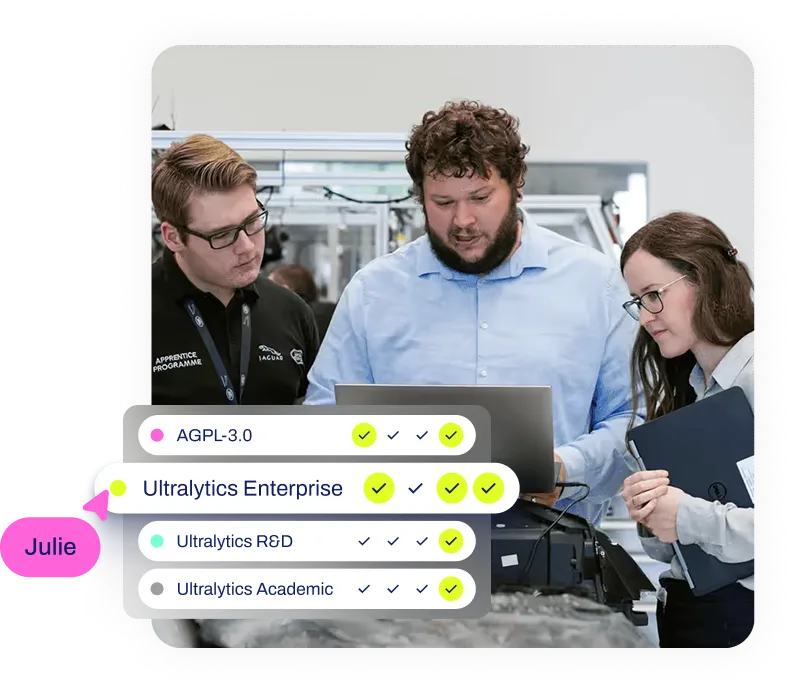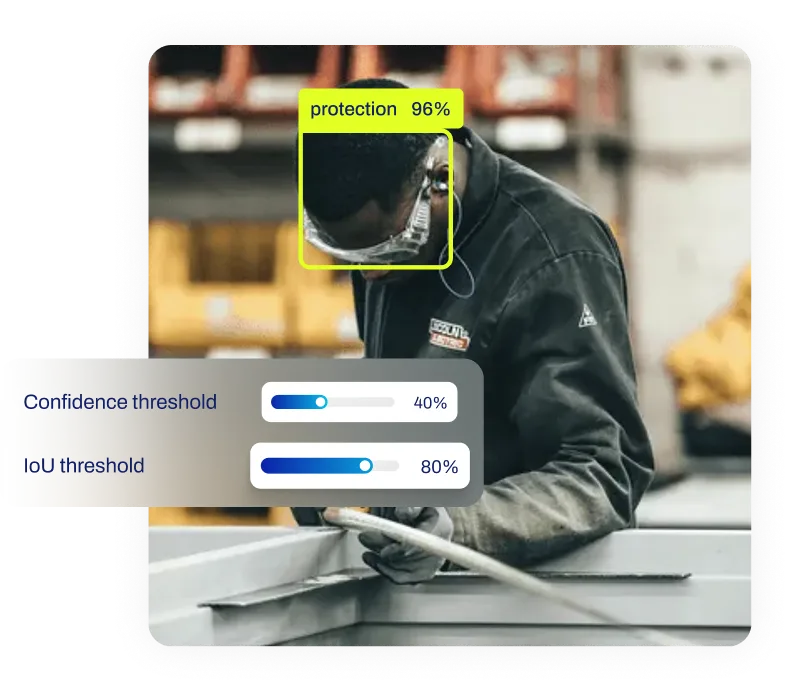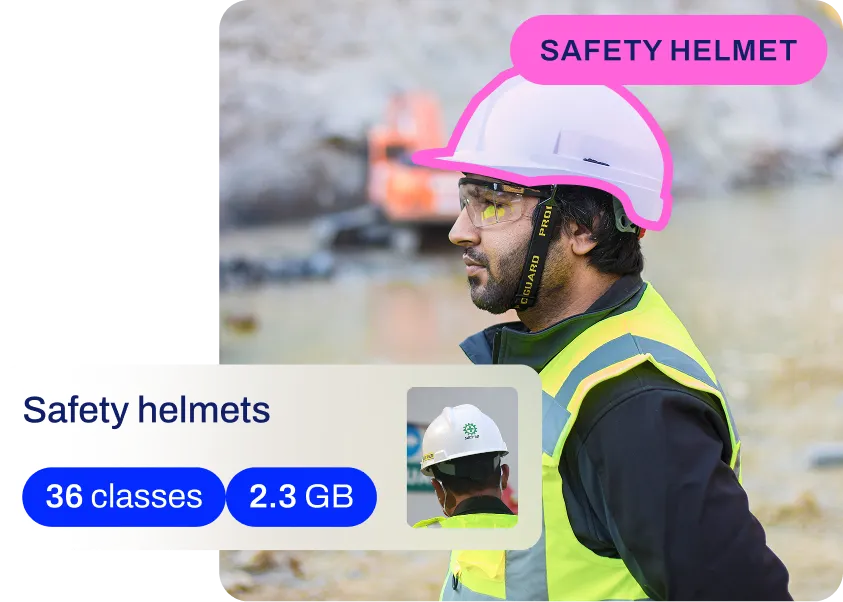Kubernetes
Explore how Kubernetes automates the deployment and scaling of AI models. Learn to orchestrate Ultralytics YOLO26 on K8s for high-performance computer vision.
Kubernetes, often referred to as K8s, is an open-source platform designed to automate the deployment, scaling, and
management of containerized applications. Originally developed by Google and now maintained by the
Cloud Native Computing Foundation (CNCF), Kubernetes has become the standard for
orchestrating software in the cloud. In the context of
Artificial Intelligence (AI) and
Machine Learning (ML), it serves as the
critical infrastructure layer that allows engineering teams to manage complex workflows, from
distributed training to high-availability
production inference. By abstracting the underlying hardware, Kubernetes ensures that applications run reliably and
efficiently, regardless of whether they are hosted on-premise or via public cloud providers.
Core Architecture and Concepts
At its heart, Kubernetes operates on a cluster architecture, which consists of a set of worker machines called nodes.
These nodes run containerization workloads, while
a control plane manages the overall state of the cluster. The smallest deployable unit in Kubernetes is a
"Pod," which encapsulates one or more containers sharing storage and network resources. This abstraction is
vital for computer vision applications, as it
allows developers to package dependencies—such as specific CUDA libraries for
Graphics Processing Units (GPUs)—into
a consistent environment. Major cloud services like
Amazon Elastic Kubernetes Service (EKS),
Azure Kubernetes Service (AKS), and
Google Kubernetes Engine (GKE) provide managed versions of
this architecture, simplifying the maintenance burden for data science teams.
Why Kubernetes Matters for AI
The primary value of Kubernetes in
Machine Learning Operations (MLOps)
lies in its ability to handle dynamic workloads. AI models often require massive computational power during training
and low inference latency during deployment.
-
Scalability: Kubernetes employs autoscaling to adjust resources automatically. If a sudden spike in
traffic occurs, the Horizontal Pod Autoscaler can increase the number of inference pods to maintain
scalability without manual intervention.
-
Resource Optimization: Efficiently allocating expensive hardware is crucial. Kubernetes enables
fractional GPU sharing and node affinity, ensuring that deep learning models only consume resources when active jobs
require them.
-
Resilient Deployment: Ensuring high availability during
model deployment is essential. If a node fails,
Kubernetes automatically restarts the affected pods on healthy nodes, preventing downtime for critical API services.
Real-World Applications
Kubernetes is the backbone for many large-scale AI implementations across various industries:
-
Smart City Traffic Management: A municipality might deploy
Ultralytics YOLO26 models to analyze video feeds from
thousands of intersections. Using Kubernetes, the system can dynamically scale up resources during rush hour to
handle the increased object detection load and
scale down at night to save costs. This approach is fundamental to modern
traffic management systems.
-
E-commerce Personalization: Online retailers utilize complex
recommendation systems built on
microservices. One service might handle candidate generation while another manages reranking. Kubernetes
orchestrates these distinct services, allowing teams to update the ranking
neural network independently without disrupting
the entire shopping experience, facilitating continuous integration.
Differentiating Kubernetes and Docker
A common point of confusion is the relationship between Kubernetes and
Docker. They are not competitors but rather complementary
technologies. Docker is a tool for creating and running individual containers (packaging the application), whereas
Kubernetes is a tool for managing a fleet of those containers across multiple machines. You use Docker to build your
model weights and code into an image, and then use
Kubernetes to determine where, when, and how many copies of that image run in production.
Example: Inference Script for Containerization
To deploy a model on Kubernetes, developers typically start with a Python script that acts as the entry point for the
container. The following code demonstrates a simple inference task using the
Ultralytics YOLO26 model. This script would run inside a
pod, processing incoming requests.
from ultralytics import YOLO
# Load the lightweight YOLO26 model
model = YOLO("yolo26n.pt")
# Perform inference on an image source
# In a K8s pod, this would likely process API payloads
results = model("https://ultralytics.com/images/bus.jpg")
# Output the detection count for logging
print(f"Detected {len(results[0].boxes)} objects in the frame.")
Tools and Ecosystem
The Kubernetes ecosystem includes a vast array of tools tailored for data science.
Kubeflow is a popular toolkit dedicated to making deployments of ML workflows
on Kubernetes simple, portable, and scalable. For monitoring cluster health and application metrics, engineers often
rely on Prometheus. To further simplify the complexity of training and deploying
models to these environments, the Ultralytics Platform offers a unified
interface that automates dataset management and model training, allowing users to export models ready for
cloud computing clusters. Additionally, package
managers like Helm help manage complex Kubernetes applications through reusable charts.










.webp)